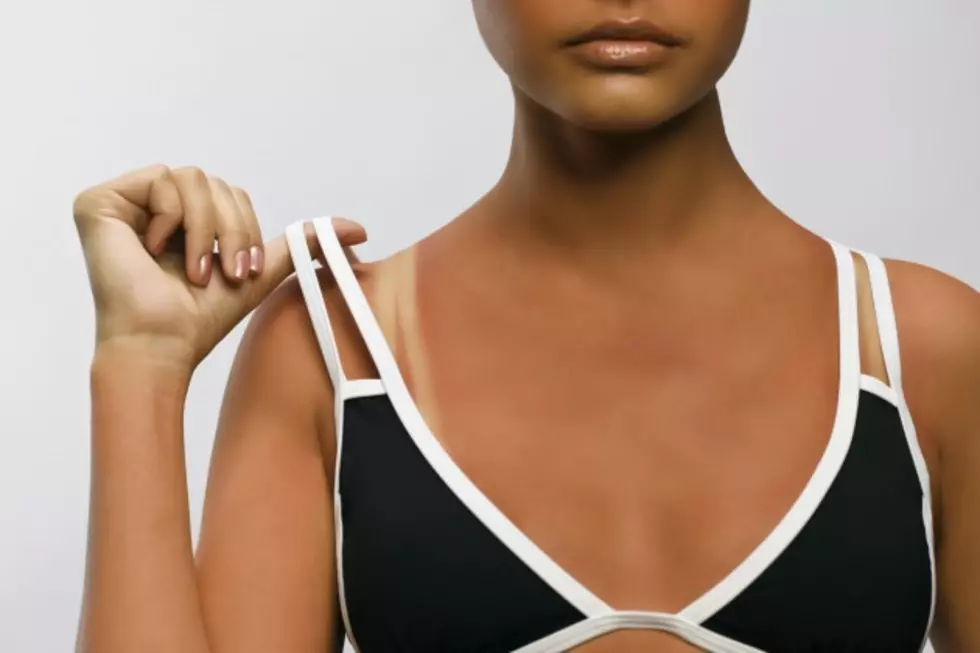
Got Burned? 5 Ways to Treat a Sunburn
We all know we should be protecting ourselves from too much sun exposure, but sometimes we aren’t careful enough, we don’t reapply soon enough or we get a bit lazy and some of those UV rays sneak through. It’s not good, but it happens. And when it does, life is much less painful if you know how to treat the burn.
First of all, if you end up with a sunburn, consider it fair warning that your protection practices aren’t up to par. Treat the burn, and then figure out how you can do better in the future. Sunburns lead to skin damage, and skin damage can lead to melanoma. And, if the burn covers more than 20 percent of your body (your entire back, for example), you should seek medical attention. In the meantime, here are five ways to handle the results of too much UV exposure:
Take Care Right Away
The time to start treating a sunburn is as soon as symptoms appear. Unfortunately, that could take up to six hours, so you could be playing catch-up. And even if the damage seems light, it could just be a sign of what’s already in store. The sooner you act, the more relief you can provide and the less severe your burn will be. Get out of the sun and start treating.
Cool Down
Cool your skin to get the heat out and start providing comfort with a cool bath or shower. Adding some baking soda for a 15-minute bath can provide extra relief. If a bath isn’t an option, putting a cold, damp towel on the affected areas for 15 minutes every day can help with swelling, redness and discomfort.
Moisturize
Once you’ve cooled down, apply a lot of moisturizer. Really slather it on. A moisturizer, especially one with aloe vera, will make you feel better and help reduce noticeable flaking. Also, using a moisturizer with vitamins C and E may help reduce resulting damage. Apply moisturizer for as long as the sunburn symptoms last.
Hydrate
A sunburn dries your skin, causing it to pull moisture from your body. This means that when you get burned, you need to stay hydrated. Drink extra water while you have symptoms, and watch out for signs of dehydration like excessive thirst, dry mouth, headache, reduced urination, dizziness and sleepiness.
Medicate
You can start medicating a sunburn right away to get relief. Taking ibuprofen can help reduce the swelling and redness, and it could prevent some long-term skin damage. Avoid any moisturizers or lotions that contain petroleum, which will trap heat in your skin, or benzocaine and lidocaine, which can further irritate your skin. See a doctor if a sunburn leads to fever, chills, dizziness, weakness or nausea.
More From 870 AM KFLD









